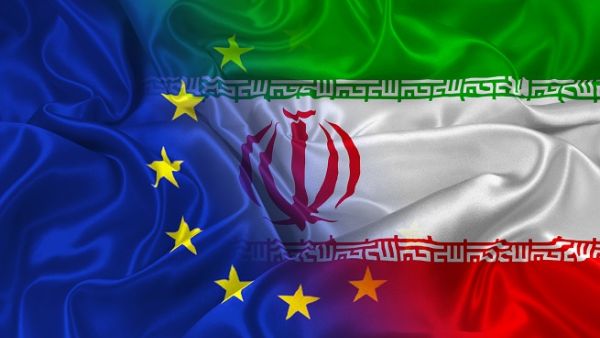Following a high-level meeting on the Iran nuclear deal -- officially known as Joint Comprehensive Plan of Action (JCPOA) -- European Union High Representative Federica Mogherini recently announced a proposal in New York to create a special payment system to allow European oil companies and businesses to continue trading with Iran to evade US sanctions.
She made the announcement following a meeting with the foreign ministers of China, France, Germany, Russia and the UK, the five remaining parties to the 2015 Iran nuclear deal with the foreign minister of Iran at the sidelines of the 73rd UN General Assembly on September 24.
"In practical terms, this will mean that EU member states will set up a legal entity to facilitate legitimate financial transactions with Iran and this will allow European companies to continue to trade with Iran in accordance with European Union law and could be open to other partners in the world," she told reporters.
Read More
Iran Urges EU to Launch the New Financial Mechanism Ahead of Looming US Sanctions
Iran Oil Exports Bullish, Despite Falling by One-Third Since Trump's Announcement
"The participants reaffirmed their strong will to support further work aimed at the operationalization of such a Special Purpose Vehicle as well as continued engagement with regional and international partners," Mogherini noted.
However, no details are known about when and how the proposed payment system will operate and the European press is already raising doubts about its feasibility.
"The risk of the financial institutes involved in the entity being exposed is far too great. A number of European companies have already cancelled projects in the Islamic Republic in their eagerness to comply. Without European companies that openly defy Trump, the efforts to preserve the nuclear deal will be pointless," commented the Austrian newspaper Der Standard.
Analysts note that after the decision by the Trump administration to withdraw from the JCPOA last May, the EU and the remaining five members of the Iran nuclear deal have held several meetings to underline their commitment to the deal, but have not been able to take come out with any real and practical steps to avoid the US sanctions.
"With this move the EU is snubbing the US government. As the transatlantic trade row is still smoldering, it seems unwise for the EU to engage Trump in a trial of strength which would only further endanger its companies' trade with the US," commented the German daily Die Tgeszeitung.
On its part, Iran has been complaining that the promised increase in European investment and trade after the deal has not materialized.
Instead, since the US pullout from the deal, the Iranian Rial has plunged to a record low against the US dollar and prices of essential goods have been rising.
Analysts are of the opinion that the next round of US sanctions targeting Iran's oil and financial sectors to be implemented in November is bound to create more havoc for the Iranian economy.
Previously, US President Donald Trump, speaking at the UN Security Council in a debate on Iran, issued a stern warning saying anyone who failed to comply with US sanctions would "face severe consequences." Observers opine that since the US is dominating the global trade, more and more western companies and industries are pulling out of Iran fearing the consequences of defying the American ban.








